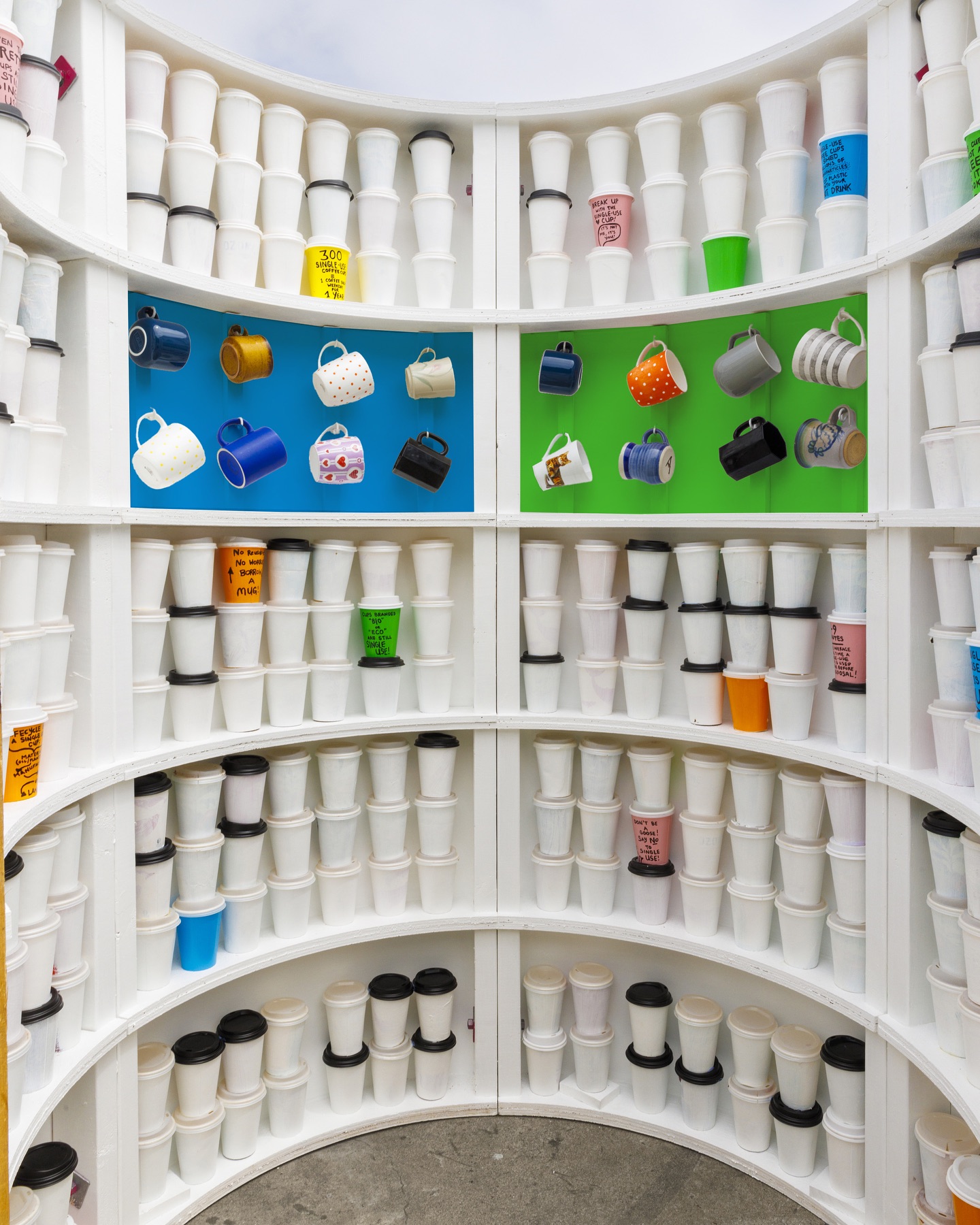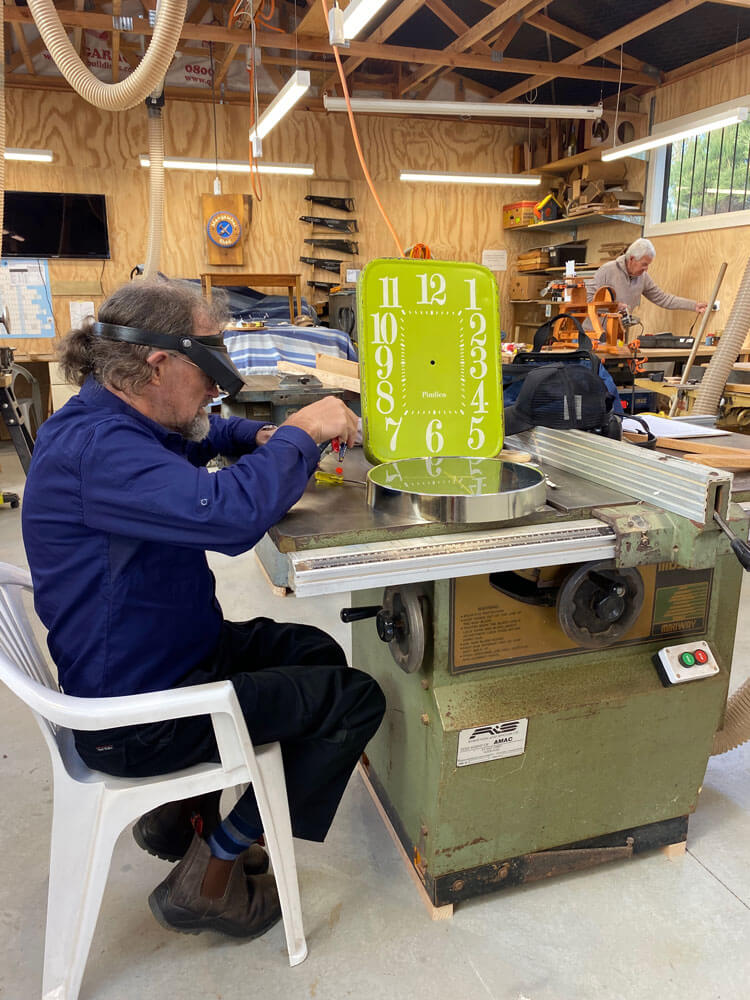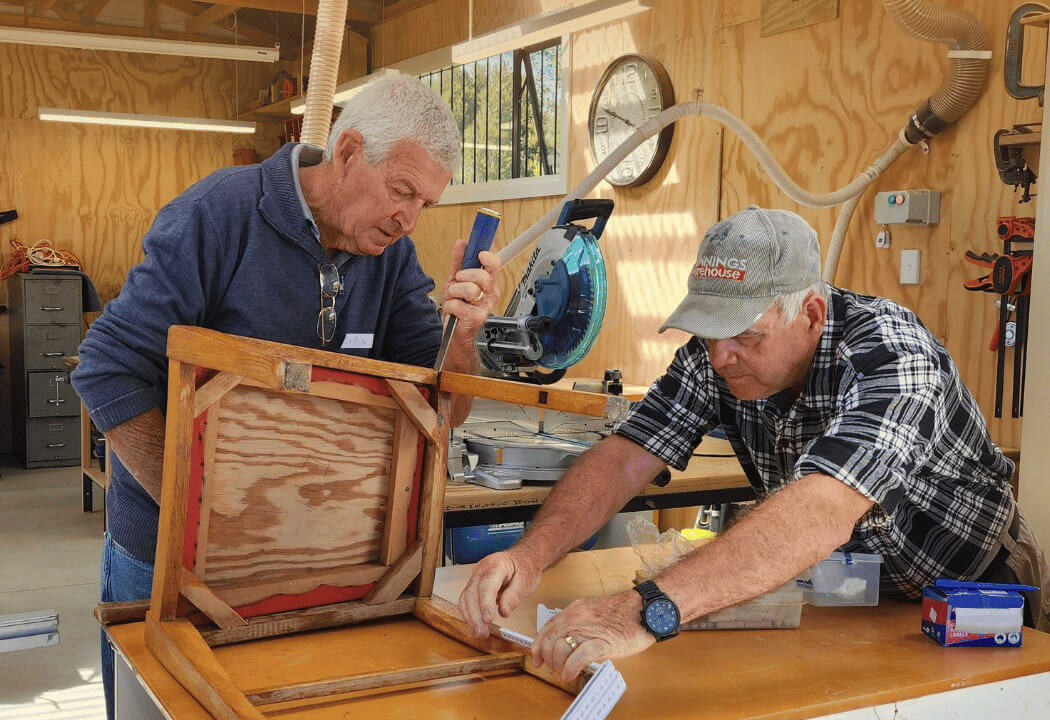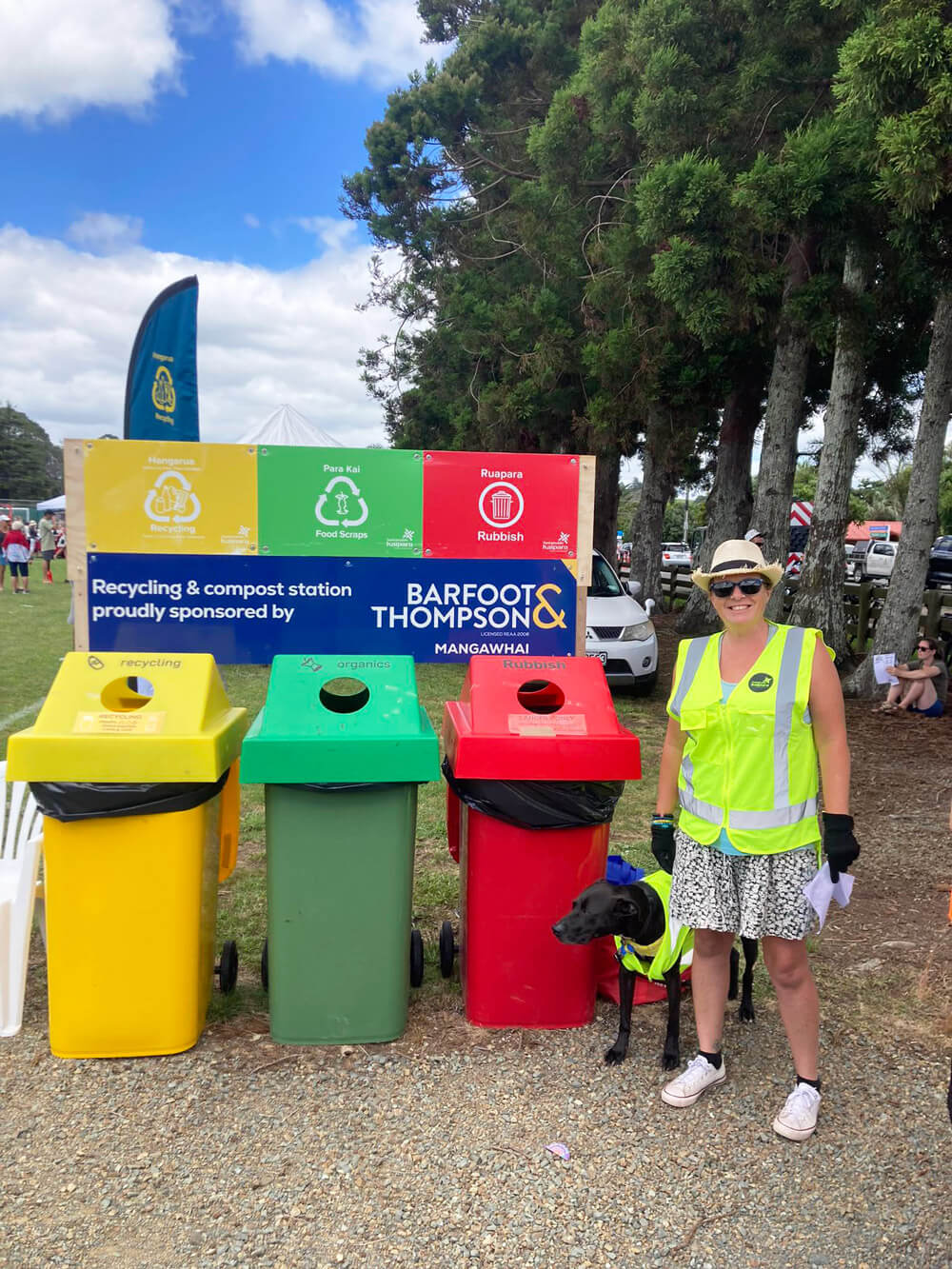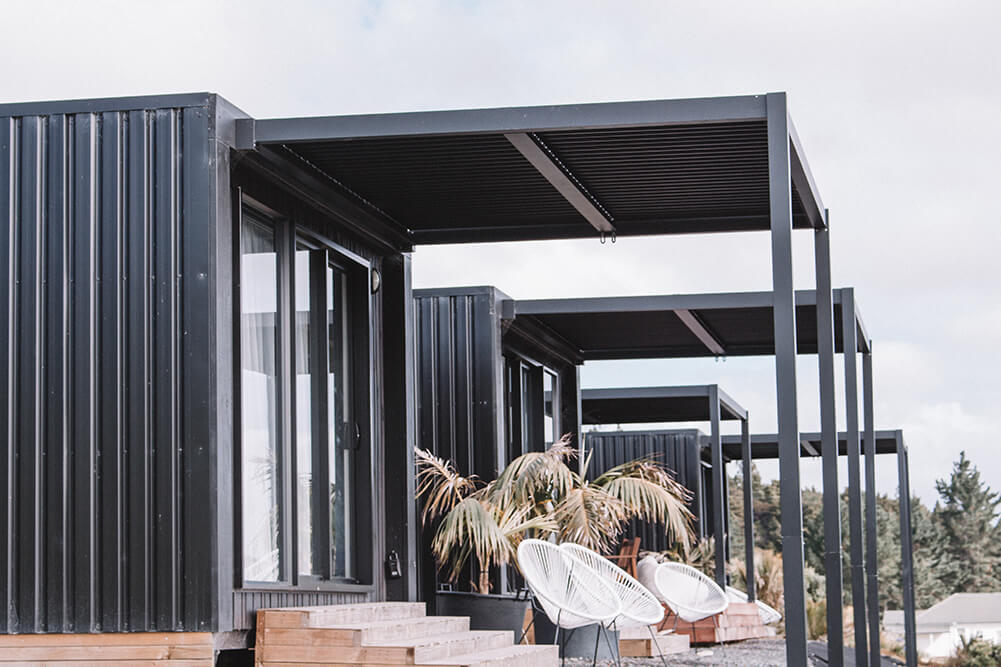While completing my masters in Sydney I spent a lot of time on the Great Barrier Reef studying crown of thorns starfish. I saw first hand the effects of a warming ocean as the corals bleached more frequently, turning a ghostly white, void of life. I realised that my children and all the generations after me will not get to see the bright hues of healthy coral reefs if we continue as we have been. It seems almost unconscionable to not, at least try, to limit global warming and retain environments such as healthy coral reefs for future generations.
I first learned properly about the greenhouse effect in 2008. Newly arrived in Sydney with two science degrees under my belt and a masters underway, the science of climate change fascinated me. From the way the changing climate is measured, to the way models were created to help understand possible impacts. I joined the Australian Youth Climate Coalition to see how I could help shift public policy and then later developed climate policy for the NSW state government.
I quickly learned though, that there were darker forces at play, than the simple facts that we were sending more and more greenhouse gases into the atmosphere. When profits are threatened, the gloves come off. Lobbying against climate policies that would impact the coal and oil profits became a fierce industry with seemingly unlimited funds to support it.
Climate change in Kaipara
Today, living in Kaipara, climate change can sometimes seem somewhat far off. A topic discussed in parliament, protests in cities and debates about EVs. When there’s no public transport, very limited bike lanes and few EV charging stations, it’s hard to engage in the conversation about ‘cutting transport emissions’.
Rurally, agriculture is the lifeblood in the district so any conversation around methane is always carefully navigated. But the reality is that we’re all affected by extreme weather events, coastal erosion impacts many of our communities and global supply chains largely determine what we eat and when. It’s simply not an issue we can ignore or rely on bigger nations to do the heavy lifting.
The thing is, actions that fight climate change are actually good for society.
Emerging evidence shows the two human-made air pollutants of most concern, NO2 (mainly from vehicle emissions) and PM2.5 (mainly from combustion), were linked to an estimated 3,317 premature deaths in Aotearoa New Zealand in 2016. Moving to a society where we don’t burn stuff to make energy and where more people walk or cycle is actually a better world. Building resilience into our systems so our infrastructure and communities can cope with extreme weather events makes sense. Just because we are used to things being one way, does not mean we can’t reimagine our systems and places.
Kaipara District climate work binned
In 2023, the Kaipara District Council removed all climate change policy and programmes Because the majority of the elected members deemed it unnecessary. To me, that’s just short termism – thinking only about today’s generation. The KDC climate work is about proactive planning so that we don’t have to be locked into a path that’s actually more costly than if we did the planning up front. It’s basically future-proofing our places and services. Should we build that road higher to account for more frequent flooding? What’s important to us as a community to preserve when coastlines erode and threaten heritage or community assets?
HAVE YOUR SAY!
The Kaipara community has a chance right now to tell the Council that we value forward thinking and proactive planning. That we care about future generations and what they will inherit from us. It will cost $11.55 per household per year to keep the climate change programme. Additionally, by having these policies and programmes in place we can access more funding from the central and regional governments, which we can not if the policies and programmes are removed.
The LTP consultation is open until Saturday 4th May. Please submit on the climate change programme. Choose option three.
- If you have plenty of time, the full LTP submission is here: https://www.kaipara.govt.nz/ltp
- Only have a few minutes spare? Here is an easy submission form from the Kaipara Climate Inc.: https://form.jotform.com/kaiparaclimateactioninc/LTP-climate-submission
This post was written by Sarah Bray

